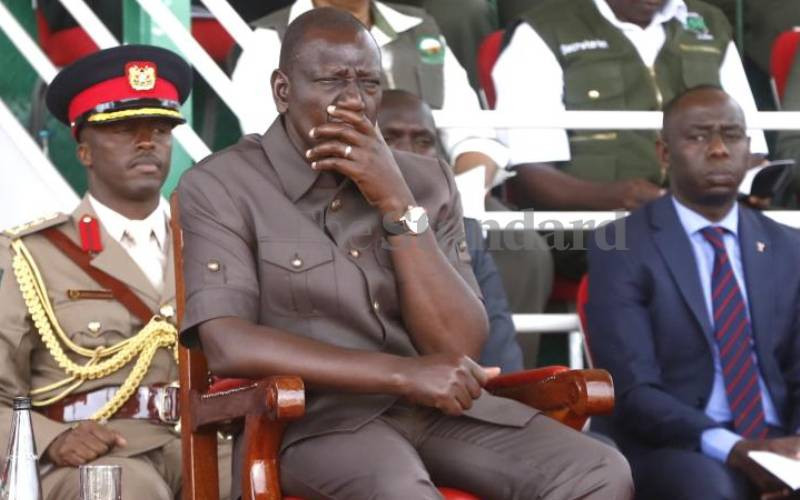
President William Ruto made a comment in the midst of the ongoing war between the Palestinian Hamas group and Israeli forces that has created a flurry of responses and prompted inquiries about Kenya's position on the Israel-Hamas conflict.
The conflict erupted when Hamas, deemed a terrorist group by Israel, launched rocket attacks in response to what they consider Israeli aggression and occupation. While several African leaders have remained silent on the issue, those who did speak up found themselves navigating a delicate balance between supporting the Palestinian cause and condemning Hamas' actions.